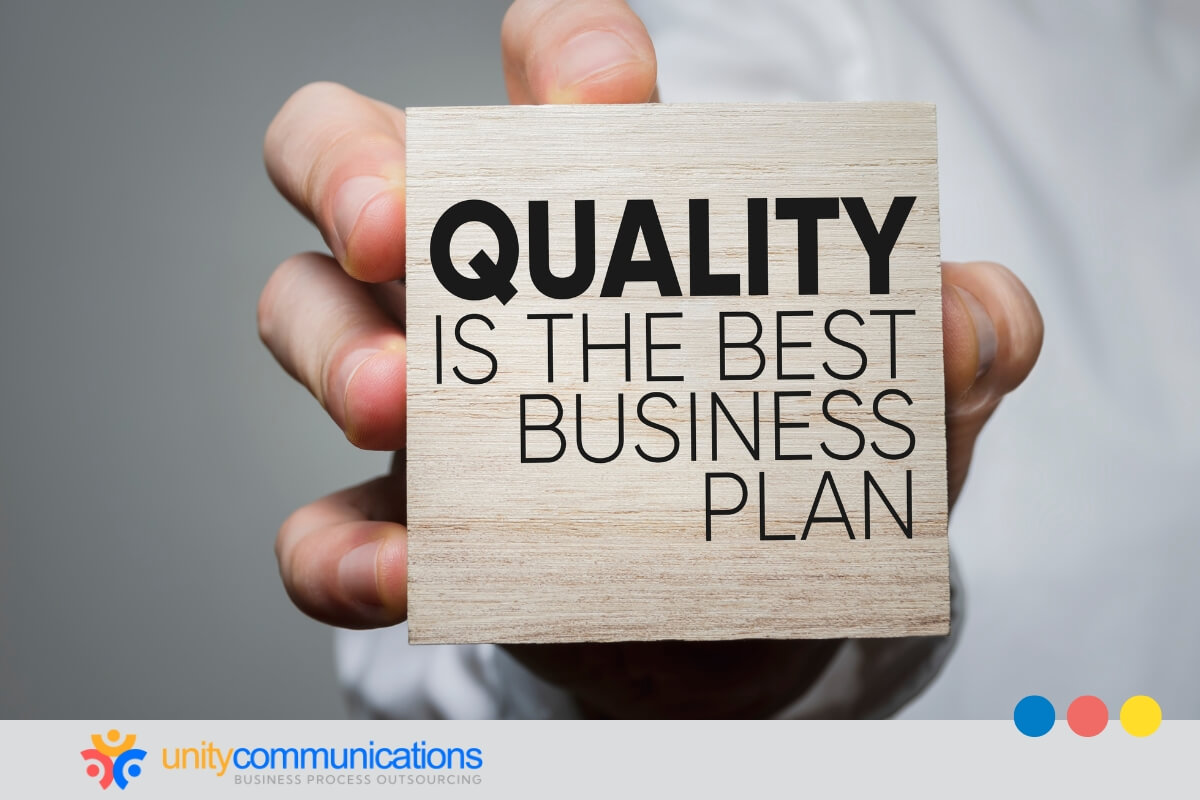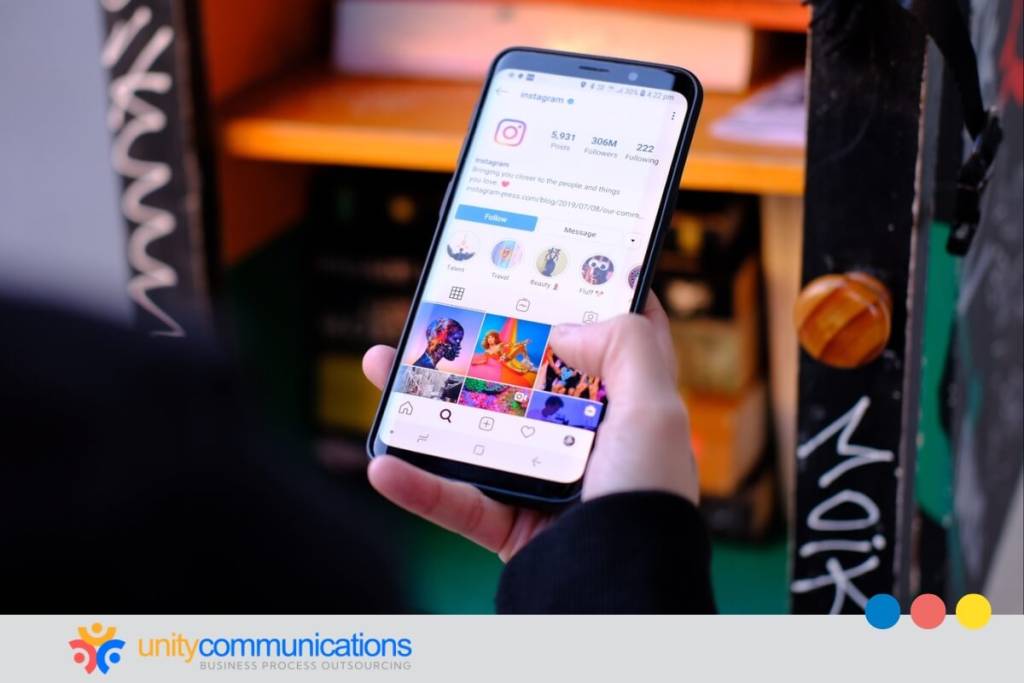Table of Contents
Building in-house development teams often presents challenges such as talent scarcity and high costs. To overcome these, more businesses are outsourcing app development via global capability centers (GCCs).
Business process outsourcing (BPO) provides access to expertise and potential cost savings, while GCCs help maintain greater control over operations.
Read the article below to explore the benefits of combining these two models and discover tips for succeeding in your projects.
Understanding GCCs and BPO services

GCCs are specialized offshore or nearshore units established by multinational corporations. They aim to fulfill more advanced functions, such as information technology (IT), engineering, analytics, and software development.
Unlike traditional BPO vendors, GCCs are owned or operated in close alignment with the parent company. This drives a seamless extension of business capabilities across borders.
Now, what is BPO? Business process outsourcing involves subcontracting specific tasks to a third party that acts as your team’s extension. These include:
- Back-office tasks, such as human resources, accounting, and data entry
- Front-office roles, such as customer service and sales
Both models provide access to specialized talent and reduce costs by leveraging external resources. However, they differ in strategic integration.
Typical outsourcing focuses on handing off tasks. GCCs build organizational capacity in high-value locations. Oftentimes, this is where deep technical talent and operational scale intersect.
Why outsourcing app development via GCCs makes strategic sense
Outsourcing and GCCs present compelling advantages that have driven their widespread adoption.
According to Statista, the global BPO market could grow to $491.15 billion by 2029 at a compound annual growth rate (CAGR) of 3.39%. Meanwhile, McKinsey reports GCCs are expanding them at 10–15% annually.
While valuable on their own, combining them unlocks greater strategic value, especially in building apps. Here are the primary benefits of outsourcing app development via GCCs:
1. Access to specialized global talent
Modern app development involves cross-functional skill sets, from user experience (UX) design to quality assurance (QA). Tapping into talent pools in emerging markets brings niche skills and flexibility that scale teams.
GCCs can establish operations in destinations rich in:
- Full-stack developers
- Cloud engineers
- Mobile developers (iOS/Android)
- Artificial intelligence (AI) and machine learning (ML) specialists
- Cybersecurity analysts
Building centers in talent-rich, emerging regions helps overcome talent shortage and hiring friction.
2. Cost efficiency without compromising quality
Hiring software developers outside the U.S. can be more economical for growing tech businesses. For comparison, the average hourly salary in America is $63.20. In Southeast Asian, it is around $41.48 hourly—or 35% less!
Besides cost savings, outsourcing app development through GCCs reduces spending on:
- Real estate and infrastructure
- Recruitment and HR overhead
- Local taxes
The cost efficiency of GCCs isn’t just about expenses—it’s about value per dollar, delivered through high-quality outputs and retained knowledge.
3. Strategic alignment with business goals
GCCs operate under the purview of the parent company. They follow the exact roadmap, objectives and key results (OKRs), and compliance standards.
Your app development team will:
- Prioritize long-term goals over short-term delivery.
- Incorporate customer feedback loops into development cycles.
- Coordinate feature improvement with marketing, product, and customer experience (CX) teams.
This alignment ensures a smooth flow from ideation to execution when outsourcing app development via GCCs.
4. Faster time to market and operational efficiency
GCCs speed up time to market and streamline operations by strategically using time zones and agile methods. These tactics provide the following advantages:
- 24/7 development cycles (promote continuous progress, maximize resource utilization, and accelerate project timelines)
- Agile frameworks without compromising quality (ensures rapid iteration and prototyping, quicker bug resolution, and code deployment)
- Superior operational efficiency in dynamic industries (cover fintech, e-commerce, and logistics)
With global time zones and agile methods, GCCs turn workflows from sequential to continuous. This makes your business more competitive and responsive.
5. Innovation through proximity to emerging tech hubs
Outsourcing app development via GCCs drives innovation. These centers can connect you with research and development (R&D) facilities, local universities, and startups in tech-forward regions.
Many GCCs double as innovation hubs, experimenting with:
- Microservices architectures
- Artificial intelligence (AI)-driven app features
- Blockchain integration
- Real-time analytics
This access to frontier technologies helps companies future-proof their app strategy.
Use cases for outsourcing app development via GCCs

Delegating app development via GCCs offers a flexible approach to meet diverse software needs.
1. Enterprise app development
Enterprise app development goes beyond customer relationship management (CRMs) and enterprise resource planning (ERPs). It encompasses internal software to streamline operations and improve efficiency across departments.
Here are some examples:
- Supply chain management (SCM) systems to optimize inventory, logistics, and supplier relationships
- Human resources management (HRM) systems to automate payroll, employee onboarding, performance management, and talent acquisition
- Financial management systems to manage accounting, budgeting, forecasting, and expenses
- Project management tools to track project progress, allocate resources, and facilitate team collaboration
A GCC team deeply understands your unique processes. They can customize solutions to boost your productivity and efficiency.
2. Customer-facing applications
Another popular service to outsource to GCCs is customer-facing applications. Because these tools directly interact with end users, their success hinges on UX, performance, security, and scalability.
Some examples include, but are not limited to, the following:
- E-commerce platforms: Online stores, mobile shopping apps, and marketplace solutions
- Banking and financial services apps: Mobile banking, investment platforms, and personal finance management tools
- Healthcare portals: Patient engagement apps, telemedicine platforms, and appointment scheduling systems
- Media and entertainment apps: Streaming services, gaming apps, and content delivery platforms
- Travel and hospitality apps: Booking engines, loyalty programs, and guest service applications
GCCs can assemble skilled developers, UI/UX designers, and QA specialists to build robust, scalable, and intuitive customer-facing applications. They can also focus on regionalizing apps for specific markets.
3. AI and analytics integration
This practice involves embedding AI, ML, and advanced analytics into applications to make them “smarter” and more data-driven. Here are a few examples:
- Personalized recommendation engines. In e-commerce or media apps, they can recommend products or content based on user behavior.
- Fraud detection systems. AI models embedded in financial apps can identify suspicious transactions.
- Predictive maintenance applications. Using sensor data and ML helps predict equipment failures in industrial settings.
- Natural language processing (NLP) tools. Chatbots, sentiment analysis, and voice assistants in customer service or communication apps can automate responses and enhance engagement.
- Business intelligence dashboards. These platforms provide current metrics and information on potential outcomes.
Outsourcing app development via GCCs offers cost savings, control, expert talent, and scalable development across solutions.
Step-by-step guide to app development via GCCs
Outsourcing app development through GCCs can enhance your technological capabilities and drive innovation. It allows you to establish dedicated development centers strategically and leverage specialized talent pools while maintaining direct operational control.
Here is a step-by-step guide to successfully implement the strategy:
1. Define goals and scope
Begin with clarity. Why do you want to outsource? Is it to expedite time to market or reduce costs? Other essential questions to ask include:
- What are the strategic goals of the app project? Go beyond surface-level objectives. Are you building a new revenue stream or improving internal efficiency? Do you want to enhance the customer experience or disrupt an existing market? Understanding the “why” shapes the “what” and “how.”
- Which parts of the software development lifecycle will the GCC handle? Is it ideation, design, or development? Or perhaps it is QA, deployment, ongoing maintenance, or a combination?
- What are your success metrics? Consider development speed (e.g., sprint velocity and time to release), and quality (e.g., bug density and uptime). Other metrics are cost savings (e.g., returns), user adoption rates, customer satisfaction scores, revenue growth, or operational cost reduction.
Document your priorities and align them with broader business goals to ensure GCCs deliver what your business needs.
2. Select the ideal location
Each location offers unique advantages when outsourcing app development via GCCs. Look at the following examples:
| Country | Strengths |
|---|---|
| India | Deep engineering talent, mature GCC ecosystem, cloud-native expertise |
| Philippines | Strong in customer-facing apps, English fluency, excellent customer support |
| Poland | European alignment, high-code quality, data privacy compliance |
| Mexico | Nearshore advantage for U.S. firms, bilingual teams, cultural overlap |
| Vietnam | Fast-growing tech base, competitive pricing, strong design talent |
Choose your location by evaluating talent availability, time zone compatibility, and costs. Also consider language proficiency and proximity to key markets or tech hubs.
3. Design the GCC operating model
The GCC’s structure affects costs, time-to-market, operational control, and long-term strategic alignment. Each model offers distinct advantages tailored to different organizational needs and risk appetite:
- Fully owned GCCs. Operated by the parent company, this suits IP-sensitive projects and long-term capability building. It involves higher setup costs but offers complete control.
- Build-operate-transfer (BOT). A third party initially builds and manages the GCC, then transfers ownership after establishing the center. This approach accelerates market entry while maintaining long-term control.
- Managed or partnered GCCs. Run by a vendor on behalf of the client, this model requires a lower initial investment and expedites launch. It’s ideal for mid-sized companies or those exploring new markets.
Your choice for an operating model depends on your strategic objectives and risk tolerance. Other considerations are budget and desired level of control over the app’s development.
4. Build the team and hire strategically
Build your GCC team with professionals who match your culture and technical needs. They should mirror your team’s strengths and values for smooth collaboration and quality results.
When outsourcing via GCCs, consider these key roles to outsource:
- Software engineers (front-end, back-end, and full stack)
- UI/UX designers
- DevOps and QA engineers
- Cloud architects
- Project managers
Beyond technical skills, GCC hiring must also consider soft skills, such as:
- Cultural fit
- Communication skills
- Experience with agile methodologies
- Proactiveness and problem-solving
- Adaptability and continuous learning
Hiring for technical and soft skills strengthens your GCC team and extends in-house capabilities.
5. Establish robust governance
A robust governance fosters alignment, transparency, and accountability across your distributed teams. Here’s how to build it:
- Define communication protocols. Establish explicit procedures covering tools, frequency, transparency, and escalation paths.
- Assign dedicated project owners. Include specifications for the on-site project owner within the parent company and the offshore project owner within the GCC.
- Track relevant KPIs. Include cycle time, bug rate, deployment frequency, and customer feedback.
These frameworks keep your app development projects on track and aligned with your company’s long-term strategic goals.
The bottom line

Outsourcing app development via GCCs allows companies to leverage global talent pools, achieve cost efficiency, and maintain vital control over processes. By fostering strategic alignment and driving innovation, they provide a scalable, high-quality solution for your digital initiatives.
Embracing this integrated approach can enhance your app development capabilities and competitive edge.
Do you want to use GCCs to outsource app development? Let’s connect and find the best strategy that meets your goals and needs.




